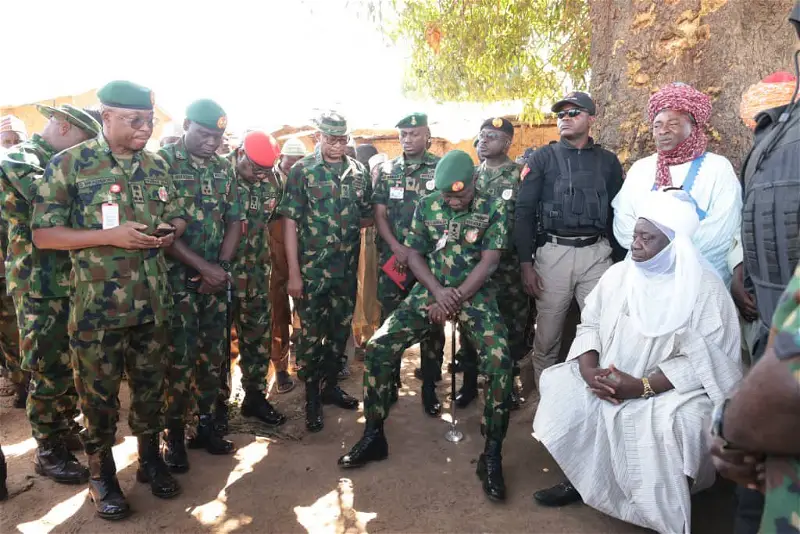
News
UN Slams Nigeria for Deadly Drone Strike on Civilians in Kaduna

(iexclusivenews) – The United Nations (UN) has expressed its strong condemnation of a Nigerian army drone strike that killed dozens of civilians in a village in northern Nigeria on Sunday.
The UN human rights office said the attack was the latest in a series of airstrikes that have violated international law and caused significant civilian casualties since 2017.

The drone strike targeted a village in northwest Kaduna State, where residents were celebrating a Muslim festival.
The army said it mistook the villagers for armed groups, known locally as bandits, who have been terrorising the region for years.
The strike killed at least 85 civilians, making it one of the country’s deadliest military bombing accidents.

President Bola Ahmed Tinubu, who came to power in May with a promise to tackle insecurity, ordered an investigation into the incident on Tuesday.
He called the civilian deaths “disturbing” and said the army had acknowledged its mistake.
However, the UN human rights office said the investigation was not enough and urged the Nigerian authorities to take all feasible steps to prevent such incidents from happening again.
It also called on them to hold those responsible accountable and provide adequate reparations to the victims and their families.
MORE NEWS:
How DHQ Justified Kaduna Bombing as Anti-Terrorism Operation
Pattern of Life Strikes Questioned
The UN human rights office said it was particularly alarmed by reports that the strike was based on the “pattern of activities” of those at the scene, which was wrongly analysed and misinterpreted.
It said there were serious concerns as to whether so-called “pattern of life” strikes sufficiently comply with international law.
“Pattern of life” strikes are a controversial tactic used by some militaries to target suspected enemies based on their behaviour and movements, rather than on concrete intelligence or identification.
Critics say they are prone to errors and can result in indiscriminate killings of civilians.
The UN human rights office said it had documented at least four other airstrikes in Nigeria that have resulted in significant civilian fatalities since 2017.
It said these incidents raised questions about the respect for the principles of distinction, proportionality and precaution in the conduct of hostilities.
Banditry and Insecurity in Nigeria
Nigeria’s armed forces often rely on airstrikes in their battle against bandit militias in the northwest and northeast of the country, where jihadists have been fighting for more than a decade.
Banditry is a term used to describe the activities of armed groups that operate from bases deep in forests and raid villages to loot and kidnap residents for ransom.
The bandits have also clashed with security forces and local vigilantes, as well as with rival groups over territory and resources.
The bandit problem has worsened in recent years, affecting millions of people and displacing thousands from their homes.
The government has launched several military operations and peace initiatives to address the issue, but with limited success.
The UN human rights office said it recognised the challenges faced by the Nigerian authorities in combating banditry and other forms of insecurity.
But stressed that they must do so in accordance with international human rights and humanitarian law.
“We urge the Nigerian authorities to thoroughly and impartially investigate all alleged violations of international human rights and international humanitarian law, including deaths and injuries













